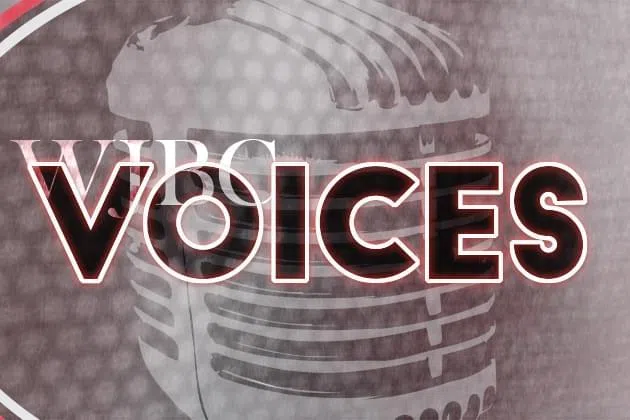By Mike Matejka
Because of COVID, there is no Labor Day Parade this year. It’s always a great event for our everyday workers to march proudly down the street and enjoys the festive crowd.
If there had been a parade, this year’s Labor Day theme was to be “150 years of struggle: your right to vote.” This commemorates the 1870 passage of the 15th Amendment when African-American males won voting rights and the centennial of the 19th Amendment, women’s right to vote.
In George Washington’s day, a voter was a male over 21 who owned property. Over the decades voting rights have expanded and 2020 marks two significant voting rights anniversaries.
On February 3, 1870, the 15th Amendment to the U.S. Constitution was passed. In simple language it said, the “right of citizens of the United States to vote shall not be denied or abridged by the United States or by any state on account of race, color, or previous condition of servitude.”
Five years earlier the Civil War had ended, an intensive conflict waged over whether the nation would endure “half slave and half free.” But what of the formerly enslaved person? Would they enjoy citizenship’s full rights? There was a fierce debate, shrouded in racism, on the African-American’s ability to vote. African-American soldiers had enlisted in their own liberation war, joining the Union Army by the thousands to overthrow oppressive slavery.
Union Army General Ulysses S. Grant was President in 1870. He pushed strongly for the 15th Amendment and then used federal power to enforce it throughout the country. Famed abolitionist William Lloyd Garrison wrote this marked “the wonderful, quiet, sudden transformation of four millions of human beings from… the auction-block to the ballot box.”
African-American males used those rights extensively, with over 1,500 elected, from local offices to statehouses, and including U.S. Senator Hiram Revels from Mississippi and six Congressional representatives from South Carolina, Alabama, Florida, and Georgia.
The Ku Klux Klan and other vigilante groups, often led by former Confederate officers, intimidated, attacked, and killed African-American voters. Grant sent federal troops and marshals to protect these voters, but after his term ended, Southern segregationists triumphed, full voting rights having to wait until the 1960s.
Though cheering these expanded voting rights for males, women suffragists were disillusioned that the 15th Amendment did not include them. Many women, like Susan B. Anthony were also advocates for slavery’s abolition. They had hoped that expanding rights to formerly enslaved men would also open the ballot box to women.
It would take another 50 years before women were granted full ballot access. Some states, like Illinois, had granted women voting rights before 1920. It took the 19th amendment, with Tennessee the final state to ratify, to ensure this right nationally.
To win that right, women marched, protested, fasted, and were jailed. Fierce debates took place over women’s ability to vote or that women’s voting would somehow weaken men.
This election year there are multiple women running from local offices to the nation’s Vice-Presidency. Even with these breakthroughs, many Americans don’t fully exercise their right to vote.
According to the advocacy group Fair Vote, in the last Presidential election, 58 percent of eligible voters went to the polls. The most recent high turn-out year was the Obama-McCain election in 2008 when 62 percent of eligible voters participated.
Voting rights have expanded greatly since their limitation to males over 21 who owned property. Illinois has some of the most accessible voting rights, including voter registration on election day, vote by mail, and other options. With John Lewis’ passing this year, it’s an opportune time to remember the intensive struggle waged to win ballot box access. Hopefully, those efforts to win voting rights will motivate average Americans to use their powerful individual voice, by registering and then voting this fall.





